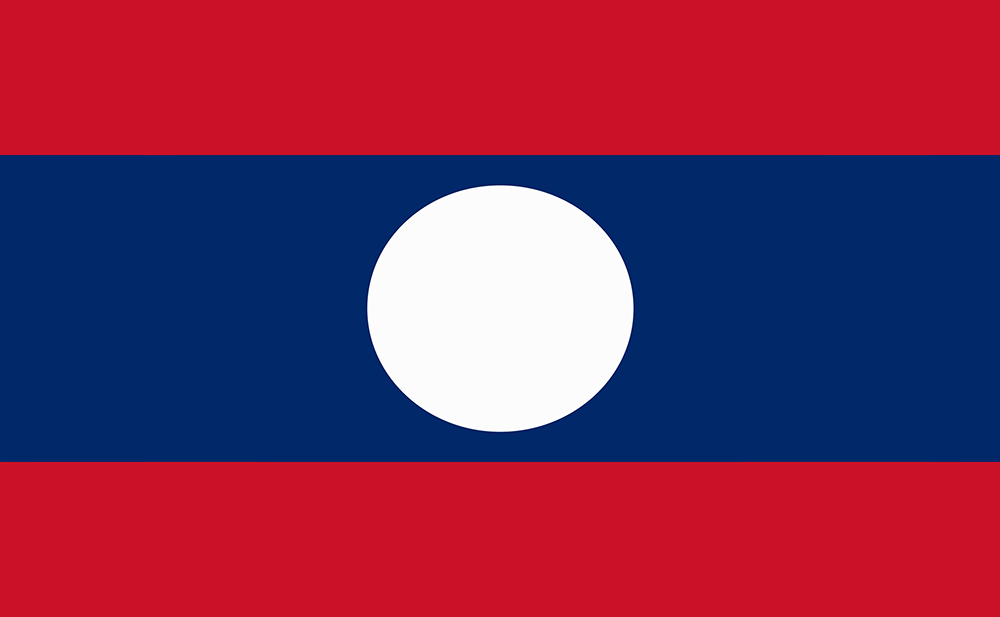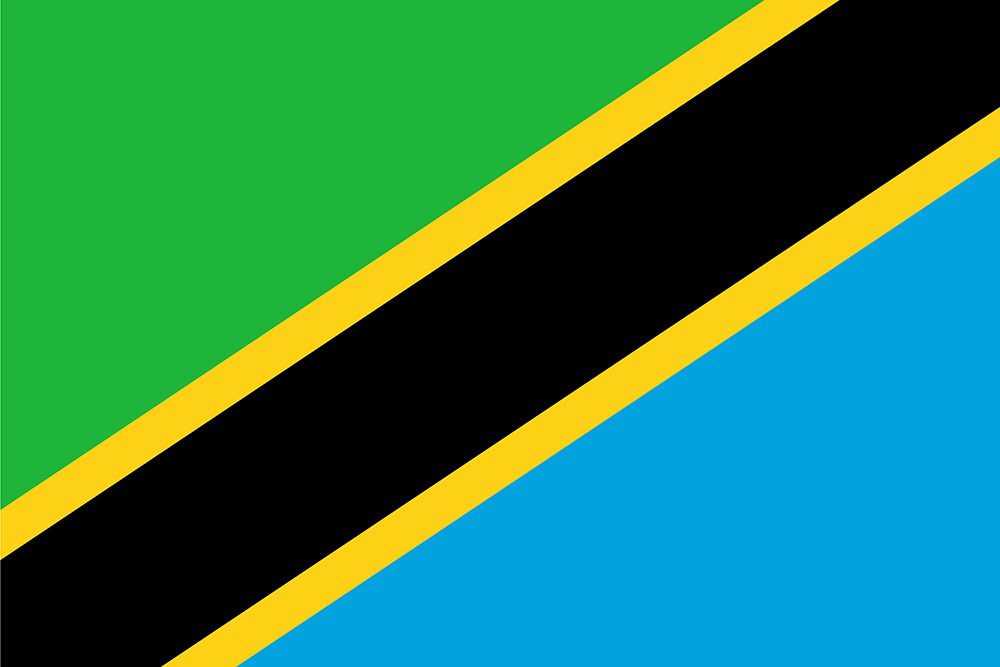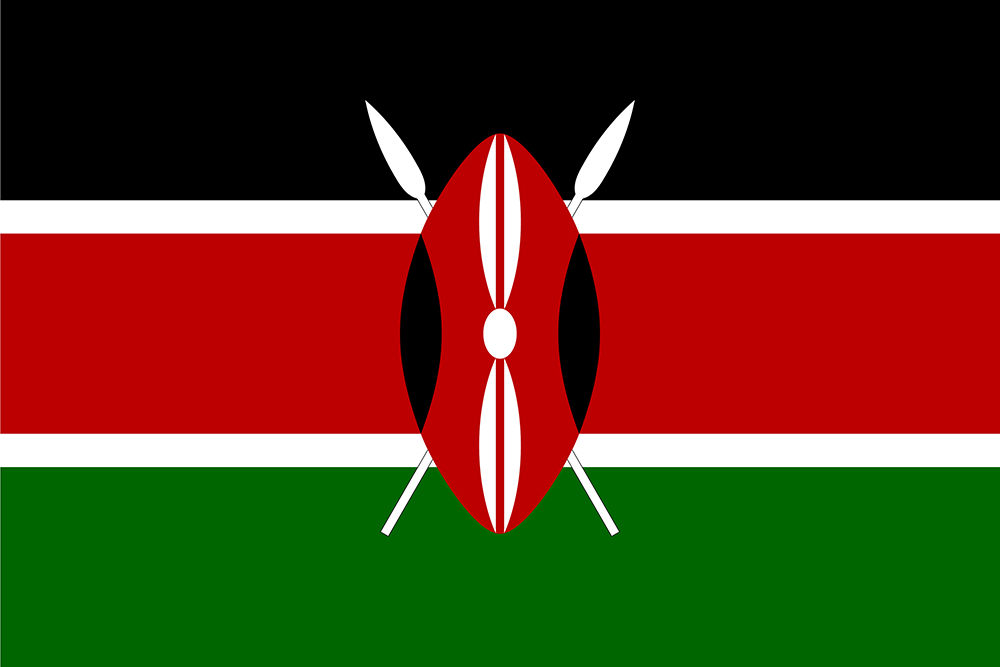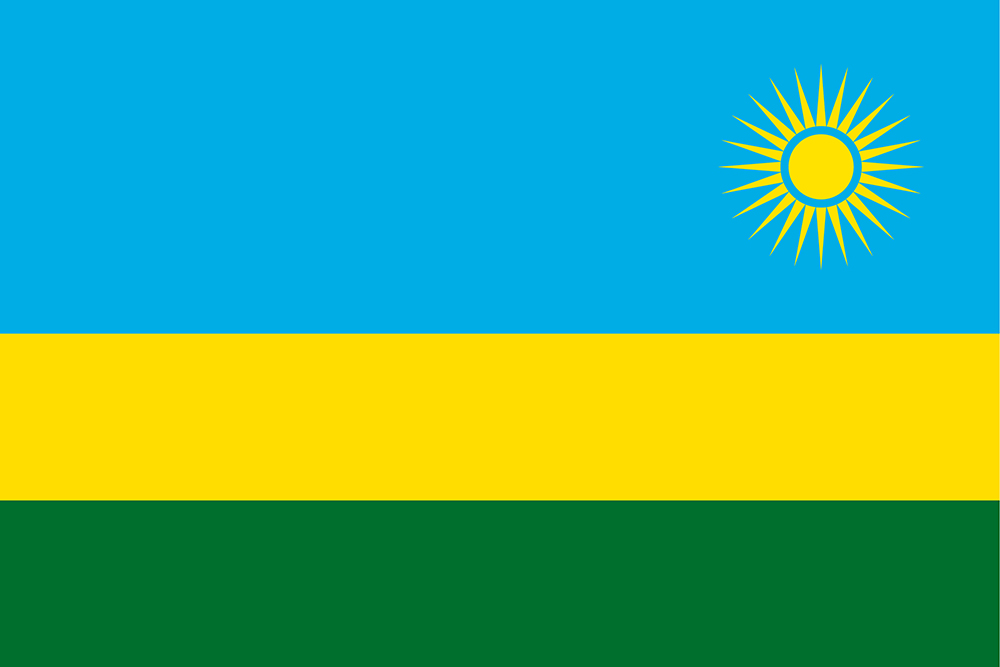Country Report Summary

LAOS
Anti Money Laundering
FATF status
Laos is on the FATF List of Countries that have been identified as having strategic AML deficiencies.
Compliance with FATF Recommendations
The last Mutual Evaluation Report relating to the implementation of anti-money laundering and counter-terrorist financing standards in Laos was undertaken in 2023. According to that Evaluation, Laos was deemed Compliant for 0 and Largely Compliant for 8 of the FATF 40 Recommendations. It was deemed Highly Effective for 0 and Substantially Effective for 0 with regard to the 11 areas of Effectiveness of its AML/CFT Regime.
Sanctions
There are no international sanctions currently in force against this country.
Bribery & Corruption
Rating: 0 (bad) - 100 (good)
Transparency International Corruption Index = 33
World Bank: Control of Corruption Percentile Rank = 20
Corruption remains a significant issue in Laos, impacting all levels of the economy and deterring foreign investment. Despite the Lao government’s implementation of anti-corruption laws and the establishment of the Lao State Inspection and Anti-Corruption Authority, enforcement is weak, and bribery is commonly accepted as a means to expedite services. The country’s ranking on Transparency International’s Corruption Perceptions Index has improved slightly, but the culture of corruption, particularly involving political patronage and petty bribery, continues to hinder effective governance and business operations.
Economy
Laos, officially the Lao People’s Democratic Republic, is a developing economy in Southeast Asia that has experienced average growth of nearly eight percent over the past decade, making it one of the fastest-growing economies globally. However, challenges such as high public debt, currency depreciation, and inflation have emerged, with the World Bank forecasting GDP growth of 3.7 percent in 2023. The government is focusing on diversifying the economy and improving the investment climate, particularly in sectors like agriculture, light manufacturing, and tourism, while continuing to develop its natural resources.
The investment climate in the Lao People’s Democratic Republic has seen significant reforms aimed at improving the business environment, particularly following its accession to the WTO and the establishment of the ASEAN Economic Community. Despite a record high in foreign direct investment inflows, primarily in mining and hydropower, challenges such as bureaucratic complexity, corruption, and a lack of skilled labor continue to deter potential investors. The government is actively working to enhance the investment landscape by streamlining processes and promoting sectors like agriculture and tourism, while also addressing issues related to transparency and regulatory consistency.
Country Report Summary

Malaysia
Malaysia is not on the FATF List of Countries that have been identified as having strategic AML deficiencies.

Singapore
Singapore is not on the FATF List of Countries that have been identified as having strategic AML deficiencies.

Brunei
Brunei is no longer on the FATF List of Countries that have been identified as having strategic AML deficiencies.

Laos
Laos is on the FATF List of Countries that have been identified as having strategic AML deficiencies.

Philippines
Brunei is no longer on the FATF List of Countries that have been identified as having strategic AML deficiencies.

Cambodia
Cambodia is no longer on the FATF List of Countries that have been identified as having strategic AML deficiencies.

Vietnam
Vietnam is on the FATF List of Countries that have been identified as having strategic AML deficiencies.

Myanmar
Myanmar is subject to a FATF call on its members and other jurisdictions to apply enhanced due diligence measures proportionate to the risks arising from the jurisdiction.

Timor-Leste
Timor-Leste is not on the FATF List of Countries that have been identified as having strategic AML deficiencies.

Thailand
Thailand is no longer on the FATF List of Countries that have been identified as having strategic AML deficiencies.

Indonesia
Indonesia was removed from the FATF List of Countries that have been identified as having strategic AML deficiencies on 26 June 2015.

Morocco
Morocco is no longer on the FATF List of Countries that have been identified as having strategic AML deficiencies.

Tanzania
Tanzania is on the FATF List of Countries that have been identified as having strategic AML deficiencies.

Kenya
Kenya is on the FATF List of Countries that have been identified as having strategic AML deficiencies.

Rwanda
Rwanda is not on the FATF List of Countries that have been identified as having strategic AML deficiencies.

Taiwan
Taiwan is not on the FATF List of Countries that have been identified as having strategic AML deficiencies.

Hong Kong
Hong Kong is not on the FATF List of Countries that have been identified as having strategic AML deficiencies.
